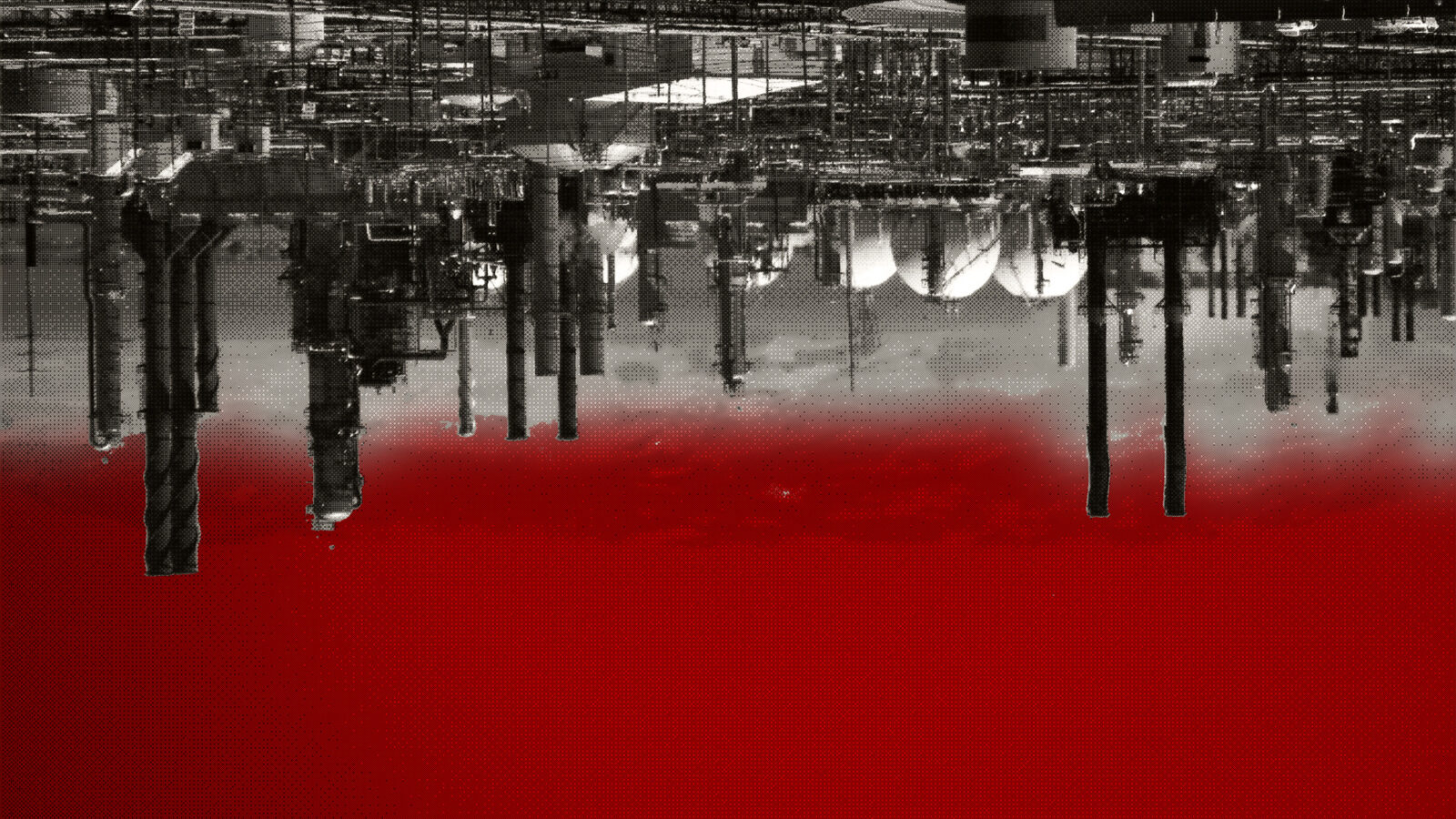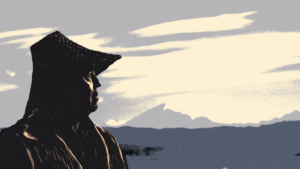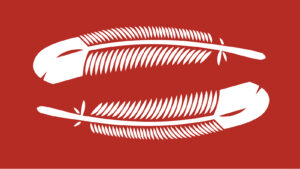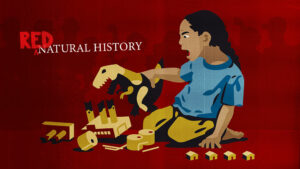This week, scientists, conservationists, and public officials from 196 countries are in Cali, Colombia for the UN Conference on Biodiversity (COP16), discussing how carbon markets and other so-called “nature-based solutions” to climate change can be implemented at the global scale.
But as governments and corporations throw their faith behind carbon offsets, one thing has become clear: not only are these schemes proving to be ineffective tools for mitigating climate change, carbon offsets are also displacing Indigenous and other local communities living in the world’s most vulnerable ecosystems––clearing the way for further extraction in the lungs of the Earth.
As negotiators debate how to implement these harmful and false solutions, the Red Natural History Fellows are speaking out. They’ve issued a collective statement decrying carbon offsetting policies and other fake fixes.
“As The Natural History Museum’s first cohort of Red Natural History Fellows, we are a group of scientists and scholars who have come together to leverage natural history’s disciplines, methods, tools, and institutional resources in support of contemporary struggles for climate and environmental justice. As negotiators meet to discuss the future of the climate at the UN Conference on Biodiversity (COP16) in Colombia, we wish to join the Indigenous Environmental Network and allied organizations to call for a moratorium on carbon offsetting policies and other false solutions to climate change…”
The Red Natural History Fellows are a cohort of scholar-activists who are working to generate perspectives, practices, tools and resources to help us break from our world of extraction and exploitation—as well as the institutions and worldviews that naturalize it. Over the past year, these Fellows have been organizing public events, viewed by more than 10,000 participants, to unpack the perspectives and practices that have brought us to the brink of crisis.
Telescoping from localized impacts to global systems of extraction and exploitation, the Fellows have been investigating not only in the most egregious acts of colonial violence, but also the colonial processes that masquerade as “nature-based solutions”, from the 30×30 global conservation campaign, which was at the center of the last UN Conference on Biodiversity in 2022, to the carbon markets they warn about here.
Add your voice to theirs to strengthen the growing call for real solutions to our climate and environmental emergencies. Sign the petition supporting a moratorium on carbon colonialism.
Below, you’ll find some additional resources from the RNH Fellows where you can learn more about the contemporary landscape of green colonialism—and the movements that are pushing back.
From the Archive: Resources for Decolonizing Conservation
- In Resisting the Global Land Grab, Red Natural History Fellow Ashley Dawson joined Nigerian activist Nnimmo Bassey, and Krystal Two Bulls, Executive Director of Honor the Earth, to discuss the growing movements to stave off the further dispossession of Indigenous and other colonized people in the name of conservation. Watch the recording from this and other webinars in our Natural History for a World in Crisis series on NHM.TV.
- In an interview earlier this year, Dawson discussed the tangled histories of colonialism and fossil capitalism from which current carbon offsetting schemes sprang. Read the full interview to learn how corporations, states, and conservation organizations have been working together to re-colonize the formerly colonized world, supercharging biodiversity loss in the Global South.
- We kicked off the Red Natural History Fellows program with Unfence The Future: Taking Down Fortress Conservation and its Enduring Legacy, a two-day virtual symposium of panel discussions, screenings, and poetry. Featuring community leaders, conservationists, legal scholars, geographers, historians, activists, and artists, this free public event explored the extractive and colonial logics behind “fortress conservation”. How are they embedded in current laws, policies, and institutional practices—and more broadly, in our ways of seeing, understanding, and relating to the land? And what are activists, communities, and institutions doing to take it down? Watch the recordings to learn more.







